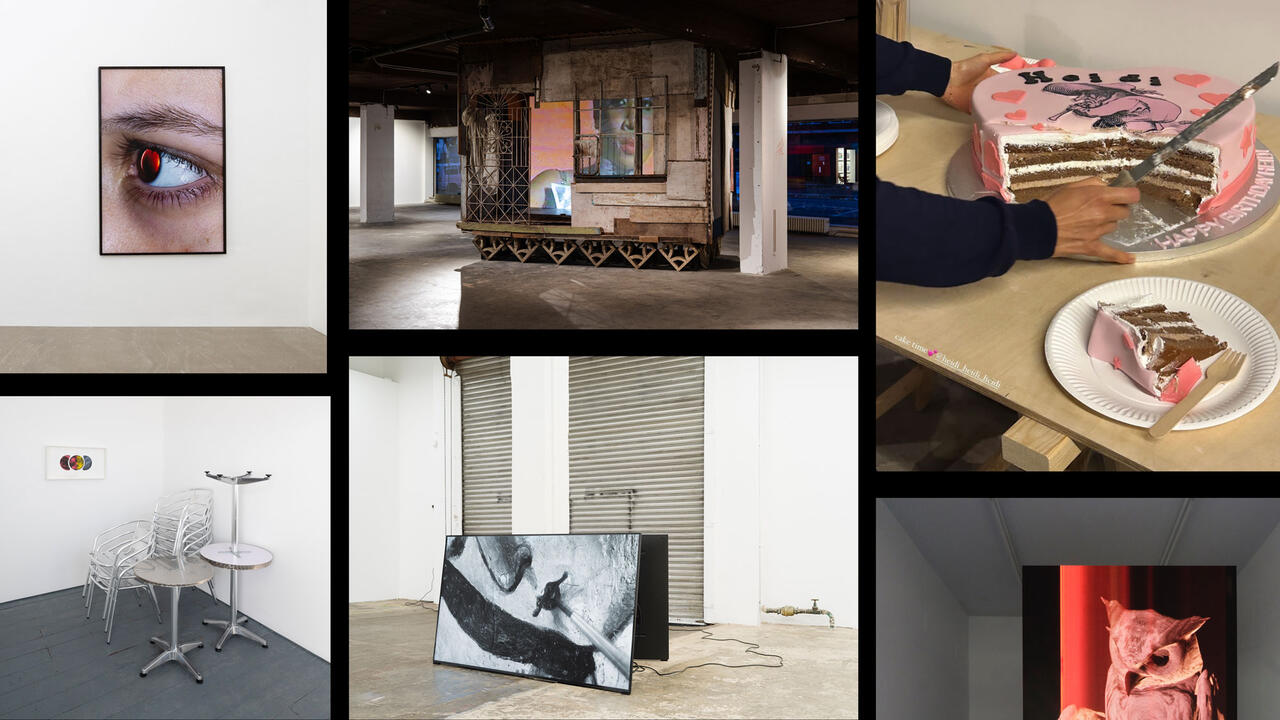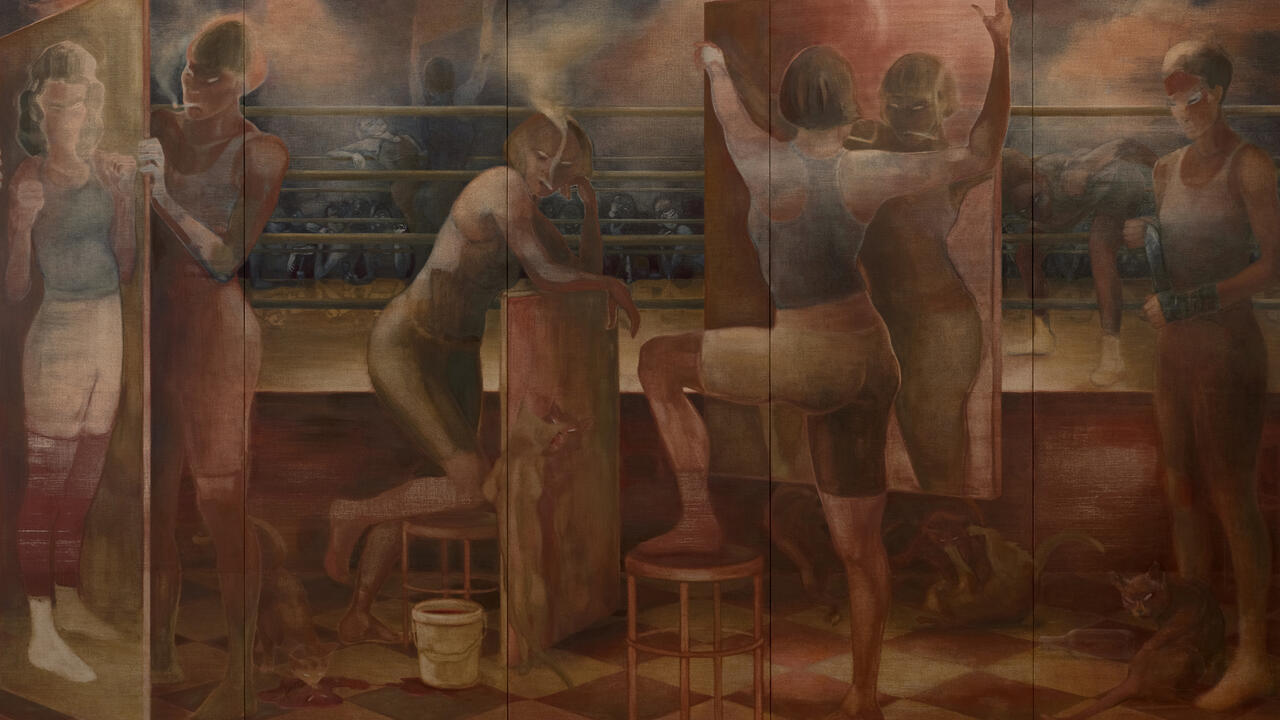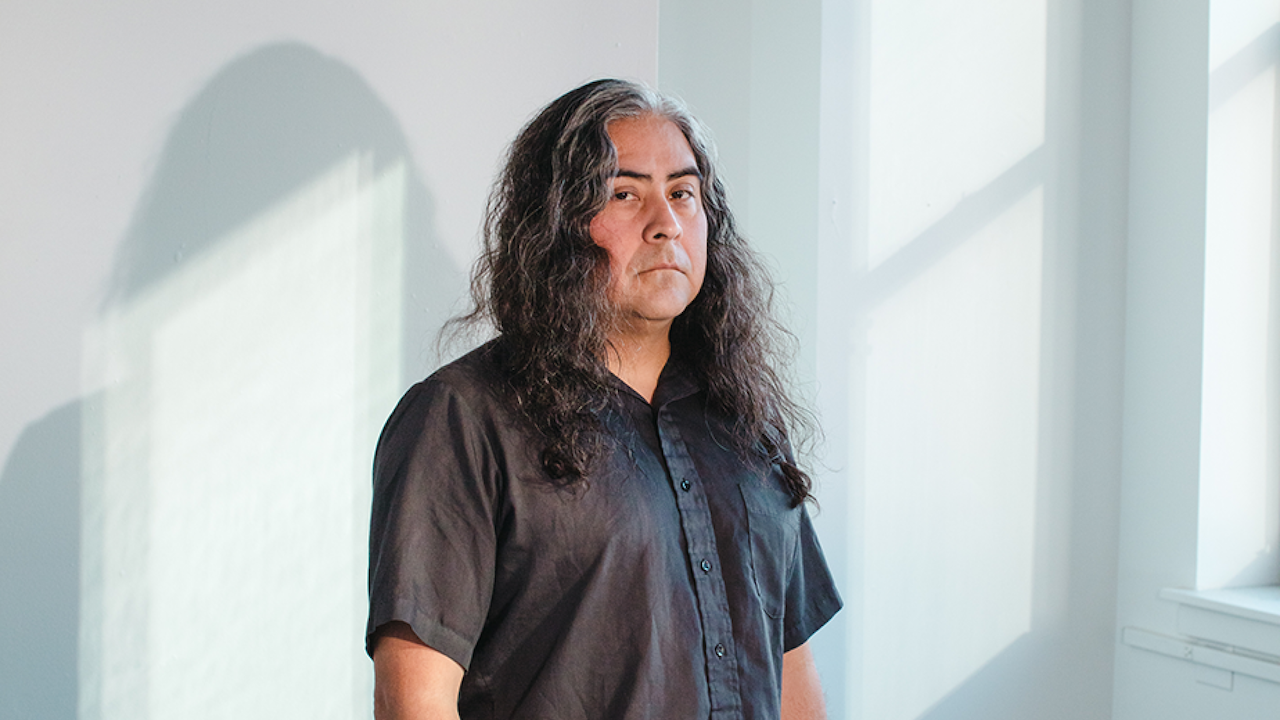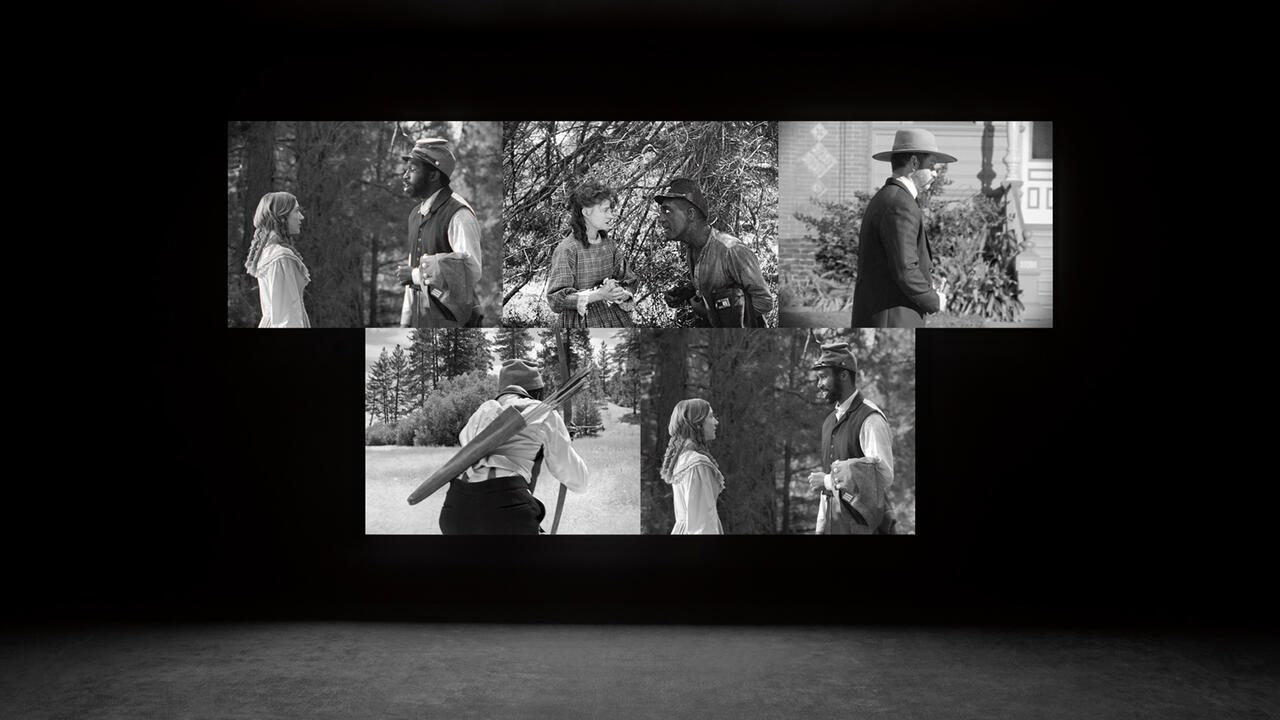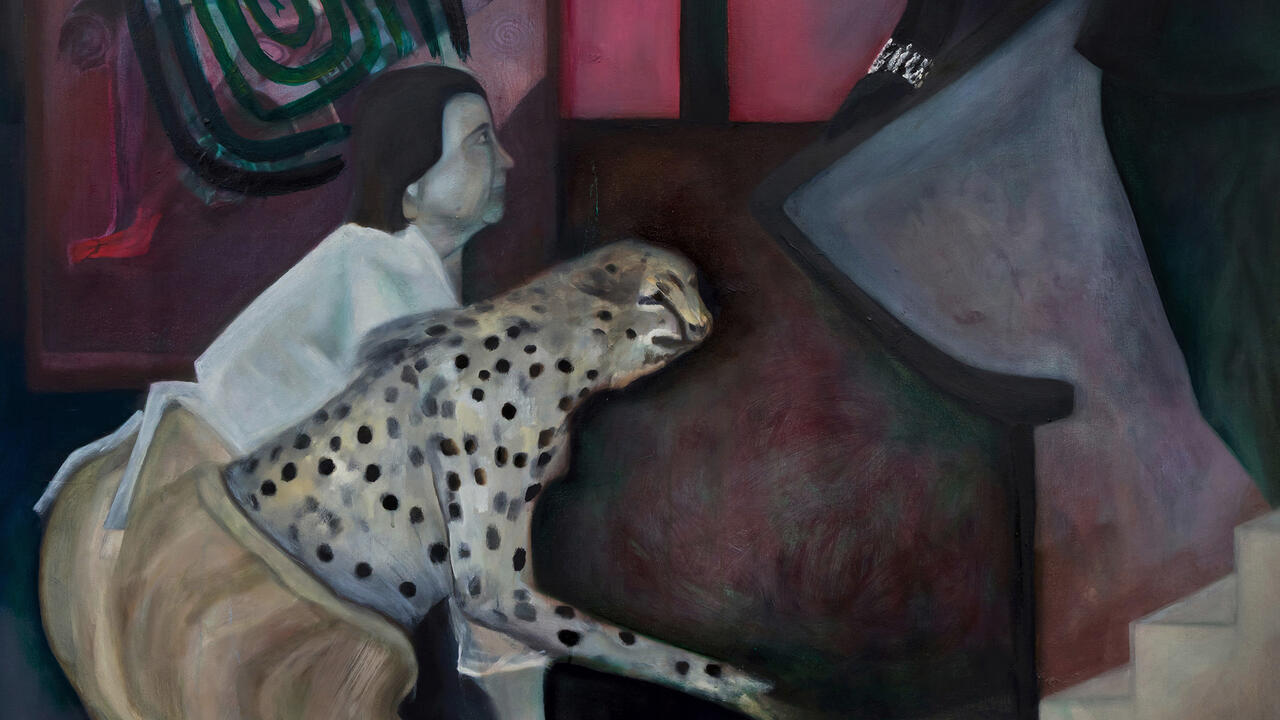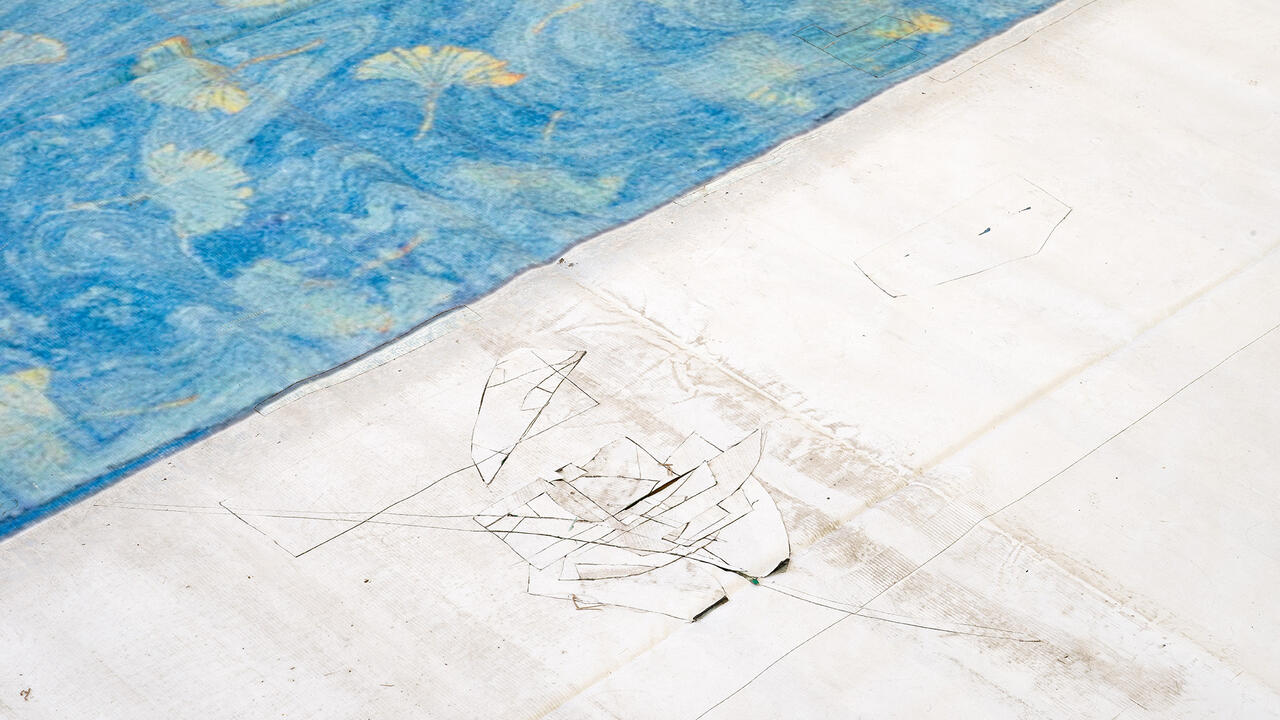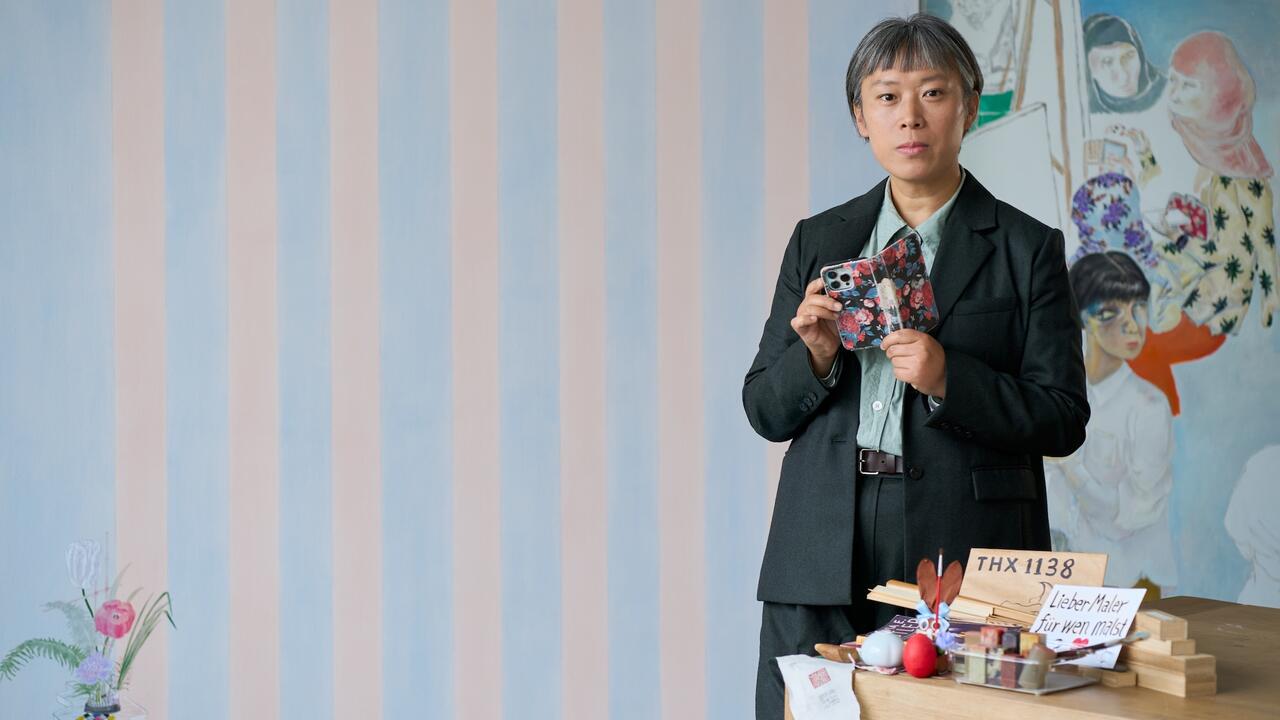In Profile: Condo
What is Condo? An interview with its founder Vanessa Carlos
What is Condo? An interview with its founder Vanessa Carlos
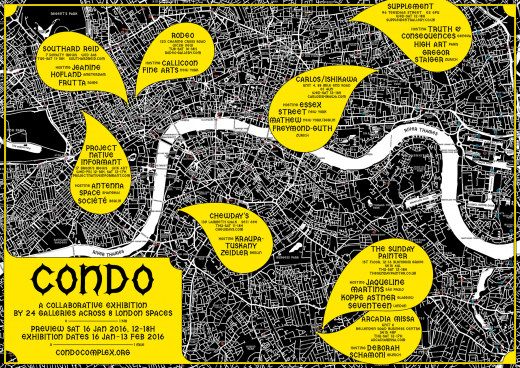
Opening tomorrow, Condo is ‘a collaborative exhibition’ that invites 24 galleries from around the world to take up residence in eight young London galleries until 13 February.
This inaugural installment of the project will see the represented artists of galleries such as Antenna Space, Beijing, Callicoon Fine Arts, New York, and Deborah Schamoni, Munich, being hosted by the likes of Project Native Informant, Rodeo and Arcadia Missa respectively (the full line-up here).
Also taking place is ‘Condo Cinema’ – a one-day programme of artist’s films presenting works from Nina Könneman, George Henry Longly and Shana Moulton amongst others – at the Genesis Cinema in east London on Sunday. (It’s free but you need to book here).
Harry Thorne spoke to Vanessa Carlos, founder of the initiative and director of Carlos/Ishikawa gallery, the host space for Essex Street, New York, Mathew, New York/Berlin, and Freymond-Guth, Zürich.
HT How did Condo come about?
Vanessa Carlos The idea for Condo first came up during LISTE Art Fair in Basel last year, which I don’t think is a coincidence. Each time I’m there I’m reminded of just how nice the collaborative spirit is within that fair. I was talking with Jeanine Hofland, who has a gallery in Amsterdam, about an annual project that she began in 2012 called ‘A Petite Fair’, for which she turns her gallery into a miniature art fair hosting the likes of Barbara Seiler, Zurich, Frutta, Rome, and Drei, Cologne. I wanted to replicate that generosity and that sense of collaboration, but I knew what wouldn’t work in London was another art fair. I really don’t think we need another fair here, and I also think that the attention spans that we have in London are different to those in Amsterdam, for example. There, maybe a very concentrated project that runs for one weekend is the right thing to do, but in London we almost have the opposite problem: we need to have something on for a month so that we actually have time see it amongst so many other things.
I was thinking about how I could do something that encourages you to go and see a show – that encourages that extended attention span and conversation – and about how to do something that would lead young galleries to work together and support each other. So at the very beginning Condo was built around that idea: collaboration. But the more I thought about it, I decided that it should expand into this bigger thing, because I don’t think the model that young galleries have inherited from the galleries that opened in the 1990s is really functional. I think that the landscape has changed in a way that just doesn’t suit young galleries.
HT In what sense doesn’t the landscape suit young galleries?
VC I always think of the art world as a microcosm of the world at large, and that world doesn’t seem to accommodate young, emerging galleries anymore – those trying to do more experimental things. In London in the ’90s, for example, rents were not as crazy as they are now and galleries actually had the opportunity to grow with their artists. All of these factors come into it.
I’m not against art fairs – I will continue to do art fairs – but I don’t think all of them cater to young galleries especially well. The costs of them make it very hard to exhibit artworks abroad, for example. This mean people are now compromising on what they’re showing, or aren’t participating at all. Galleries are struggling to stay on the treadmill of different art fairs in different countries. Condo is perfect in that respect, because you don’t even have to come if you don’t want to: you can send your artworks, the host gallery can install them for you, and they’ll be invigilating the space anyway.
HT Where do you feel Condo sits in relation to larger, more established art fairs?
VC I think that most art fairs work, and that they’re great at what they’re trying to do – I’m not even sure what the landscape in London would be like if there wasn’t something like Frieze Art Fair. That’s exactly why Condo isn’t happening alongside it. It’s not an attempt to eradicate participation by young galleries at fairs.
Condo began as a, ‘let’s try this thing out!’ I don’t know how it’s going to be received, but it’ll be interesting. I don’t want it to be taken as antagonistic, because it’s not. And I don’t want it to be taken as some evil master plan, because it’s the opposite of that. It’s very much about this idea of community, and that’s what I like about larger institutions like Frieze, the Zabludowicz Collection and cura. magazine being so supportive of it by co-hosting a dinner, helping with Condo Cinema and assisting with digital advertising. There is a shared understanding that if we help young galleries, from all over the world, to make contacts here, to put down their roots in London, then it will be good for the city as a whole, because all of us – collectors, fairs, magazines, galleries – make up whatever this landscape is. In that way I think London is probably different to somewhere like New York, there’s – dare I say it – a genuine community feel here.
HT Is this a project that could be replicated in other countries in the future?
VC I would love for the model to get picked up in other cities – for example, Jacqueline Martins came up with the idea of doing it in São Paulo next year, and someone else said that we should do it in Greece – but it’s hard, because again, every city has its own dynamic. In London it was possible because there’s a relatively tight knit community here – where people, in general, know each other. But maybe if the different galleries came together and organized it elsewhere it would be a feasible way for young artists to show their work around the world, one not dependent on getting a museum show or doing an art fair.
Condo is an idea, an experiment, a proposal; a model for doing things. It doesn’t necessarily substitute anything – it’s supposed to compliment what there already is – but perhaps for young galleries and young artists it makes more sense. The idea of collaboration means you’re joining forces in terms of audience, you’re promoting each other’s shows, you’re sharing contacts and you’re sharing space. The participating galleries are only paying the minimum cost and the hosting galleries are only giving in kind. For me, if you do something like this in a city already so prohibitive in terms of cost as London, you can create a situation where galleries and artists actually have the freedom to experiment.









